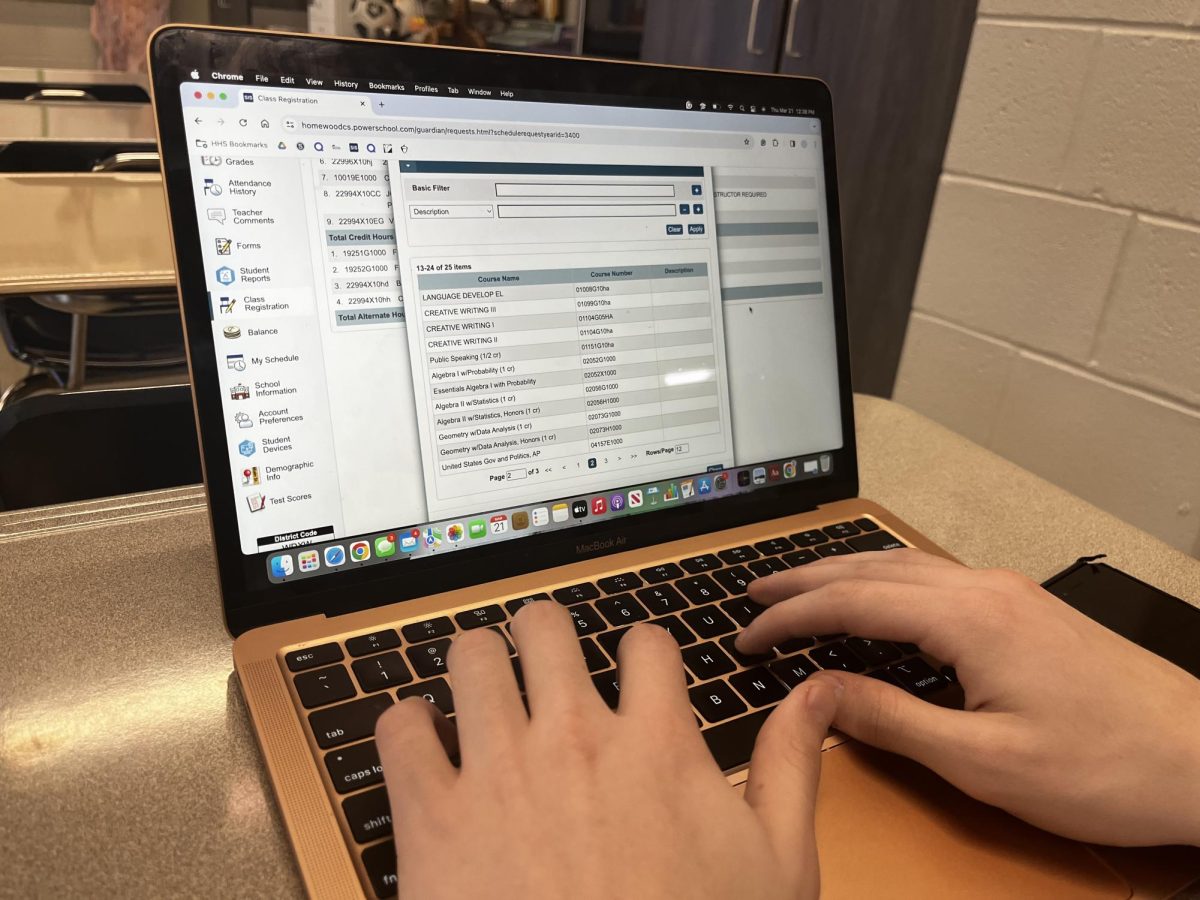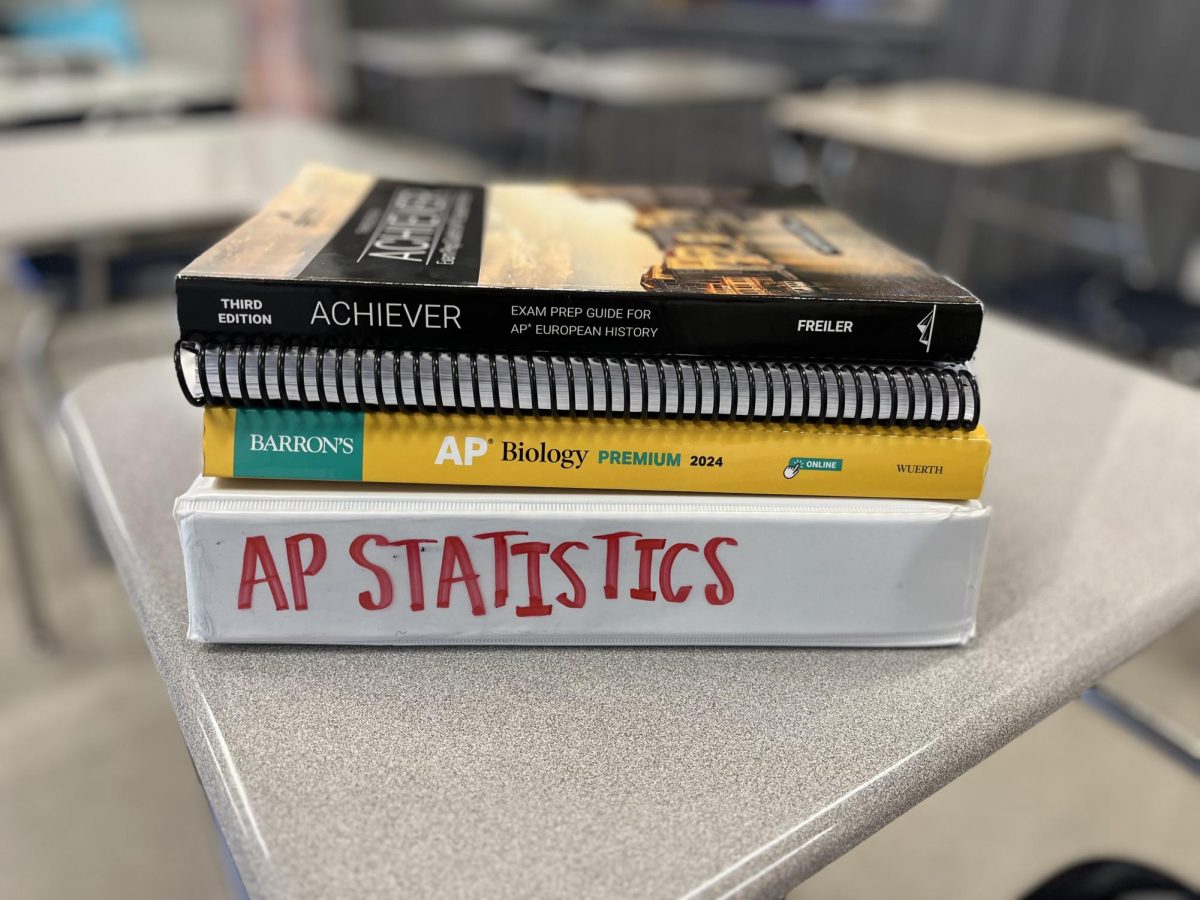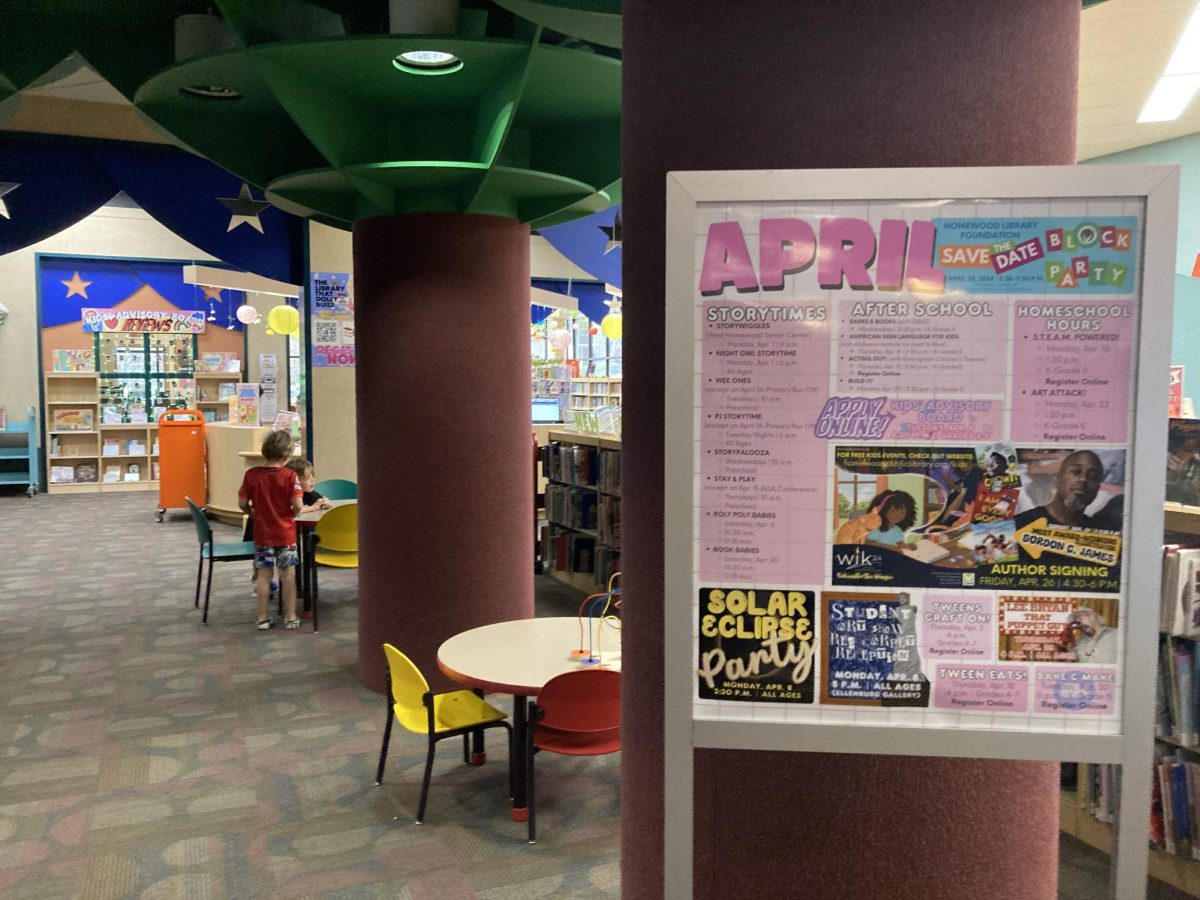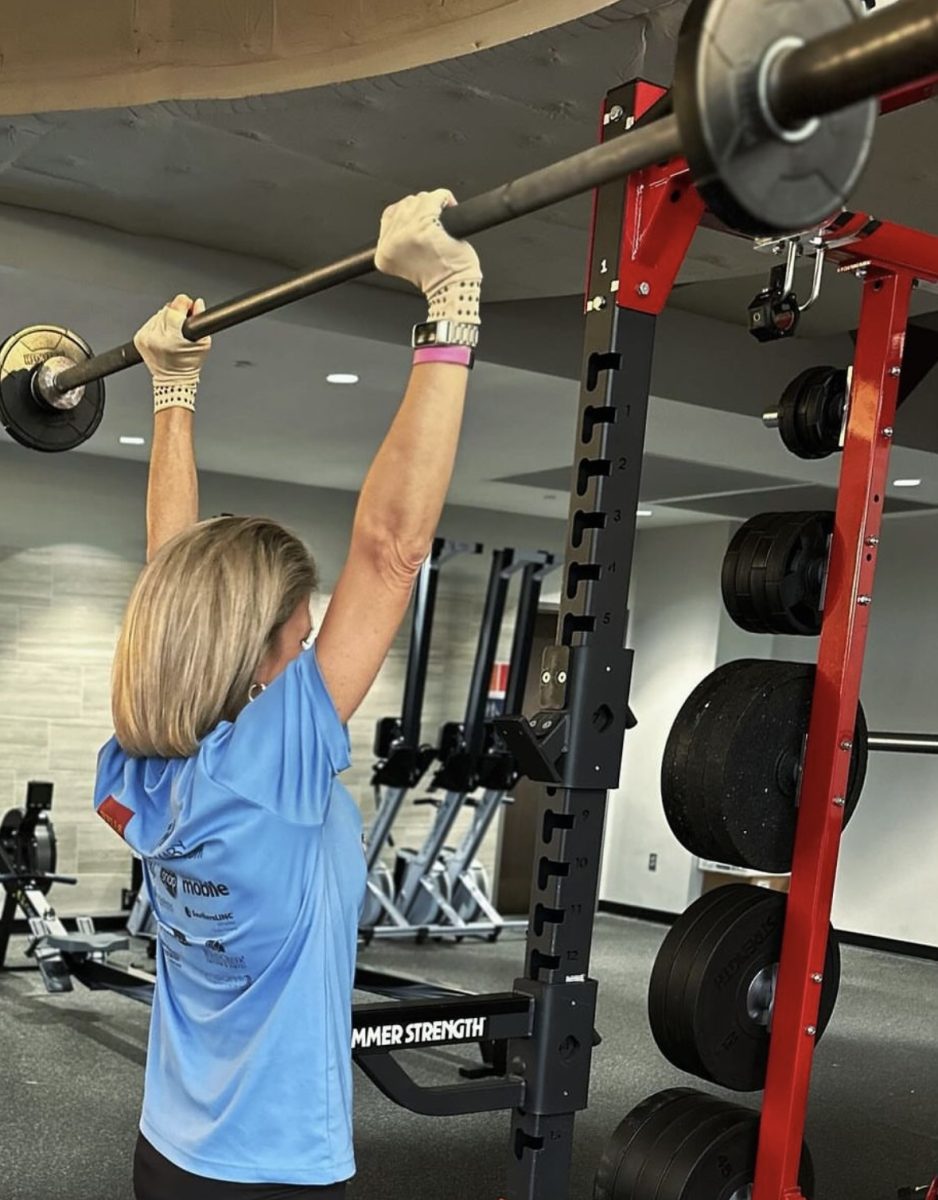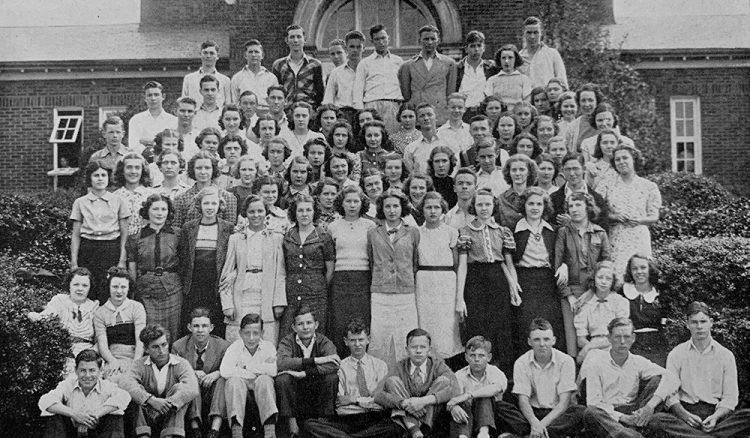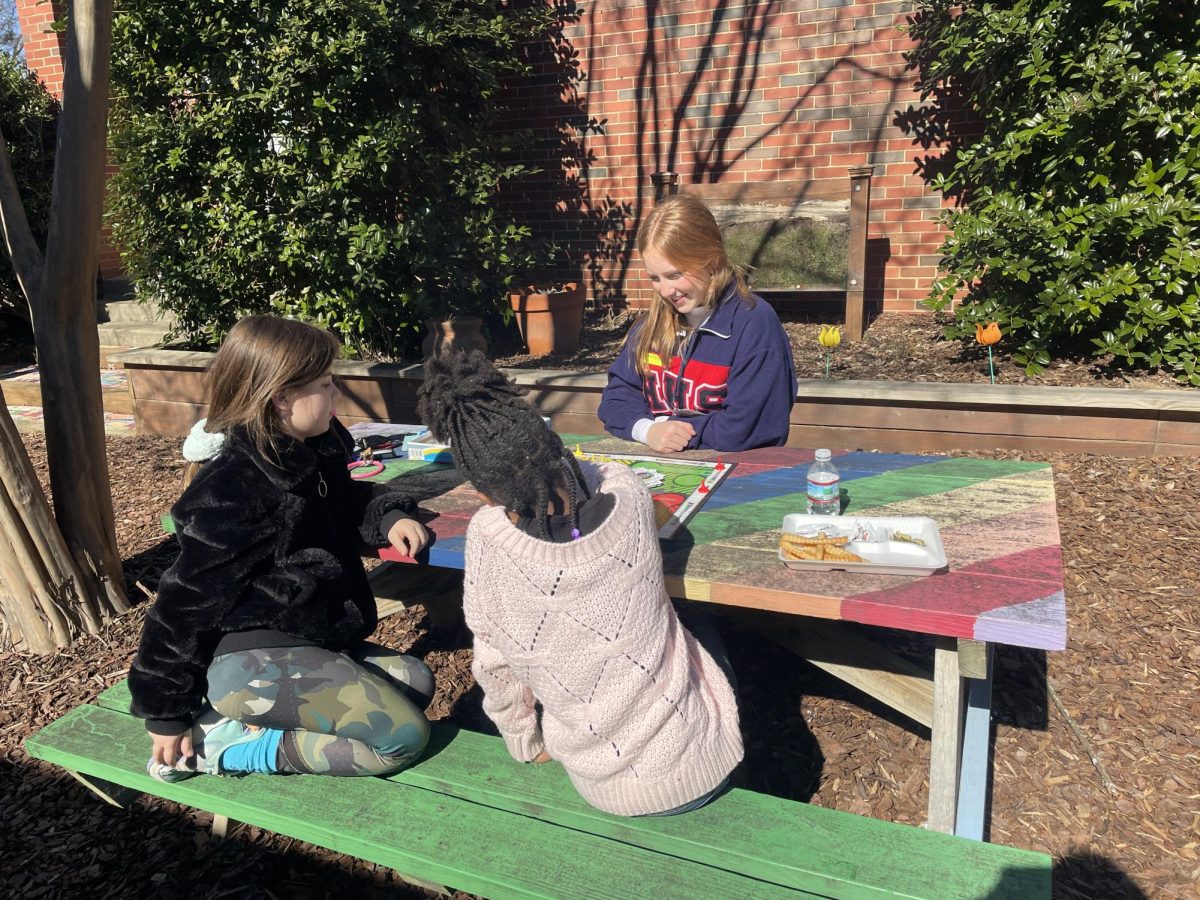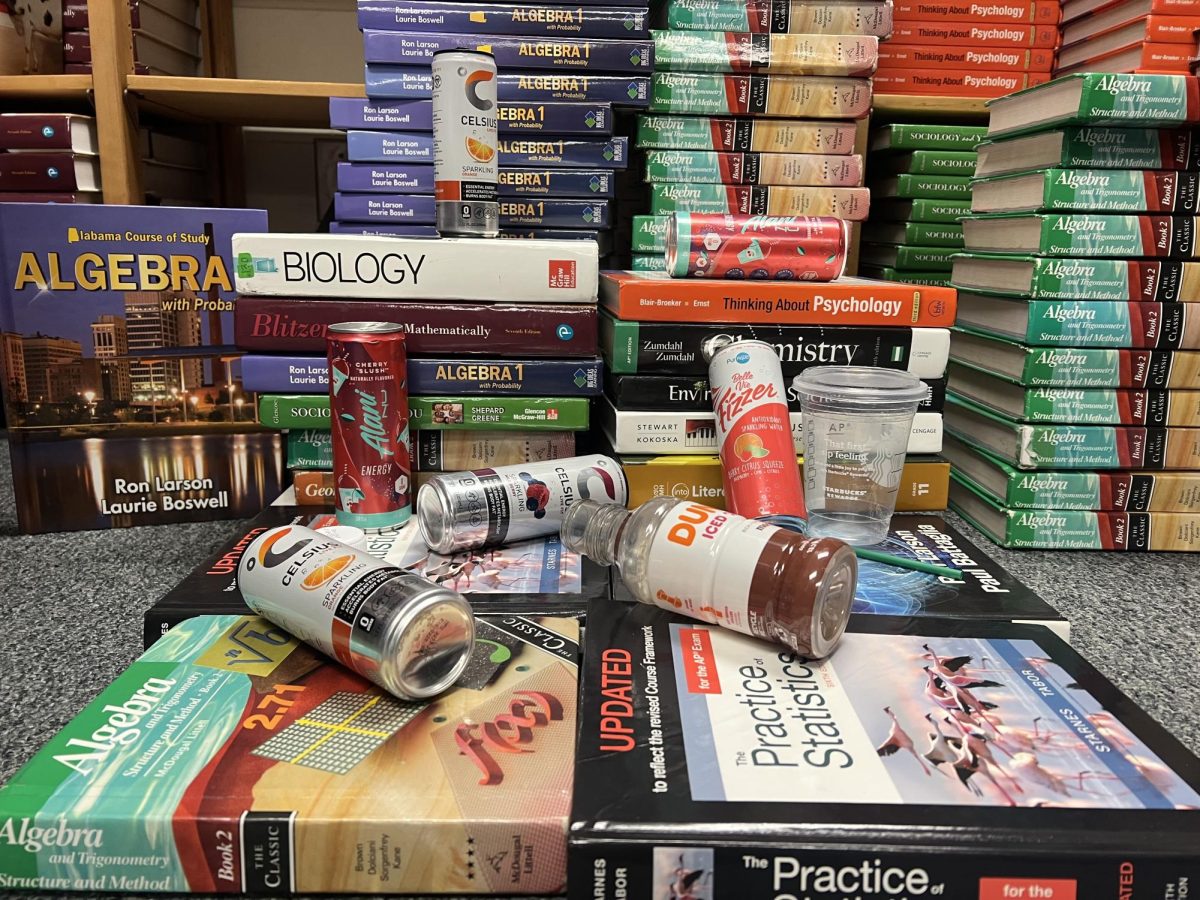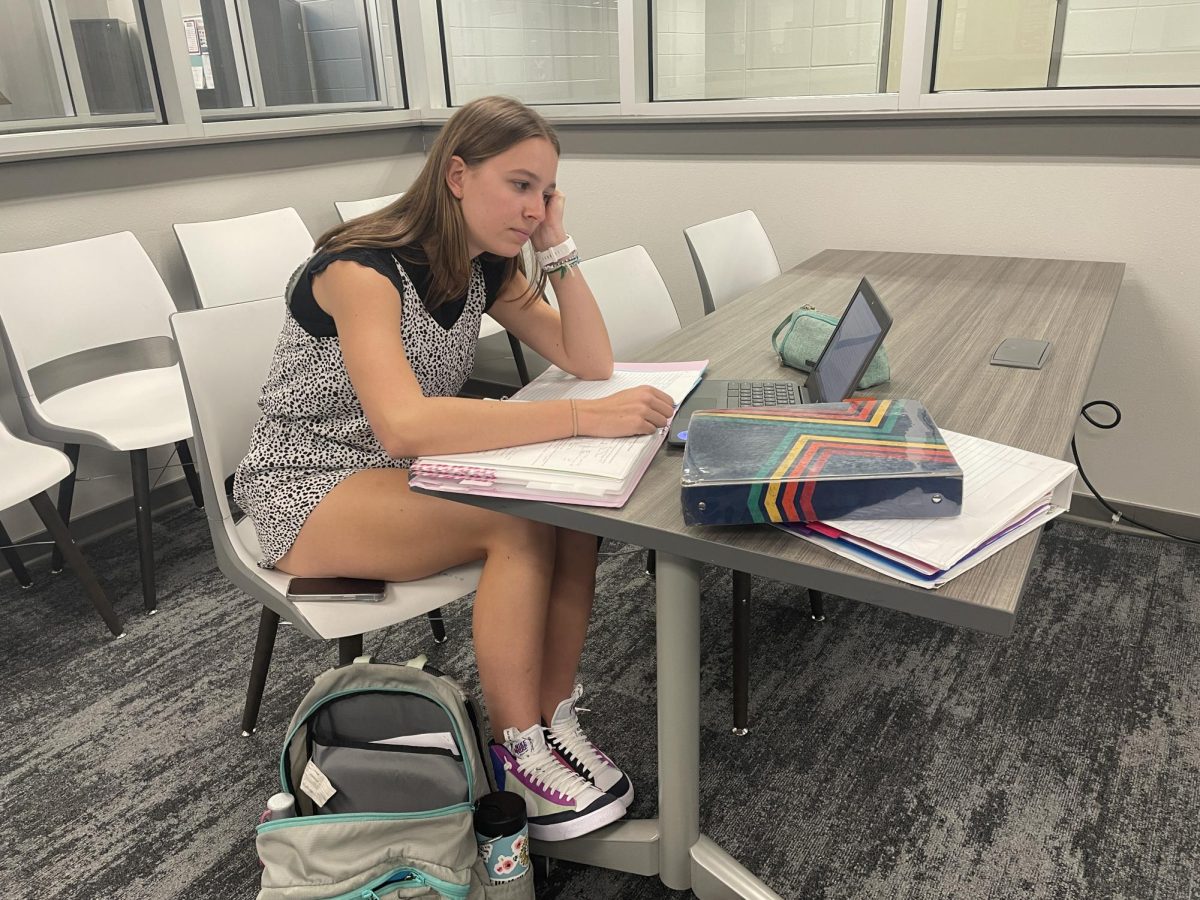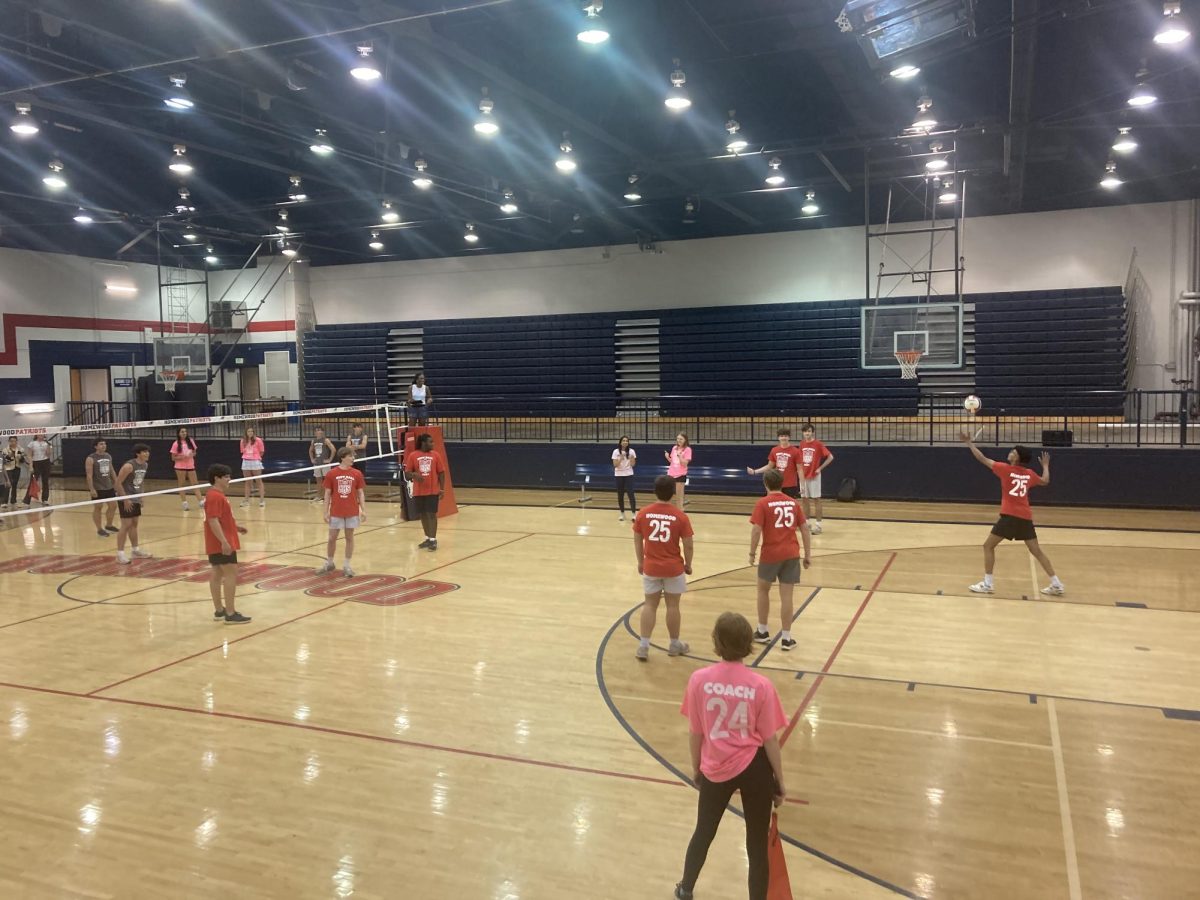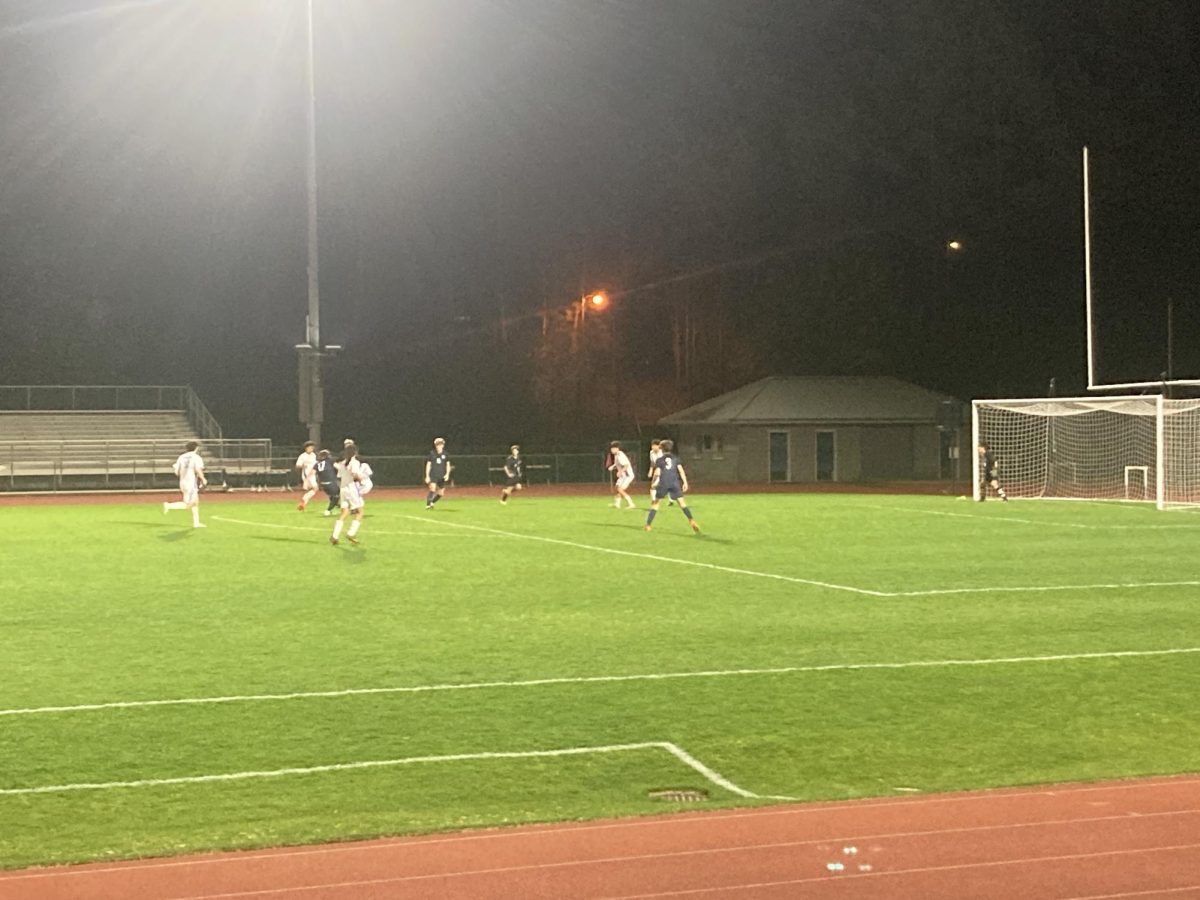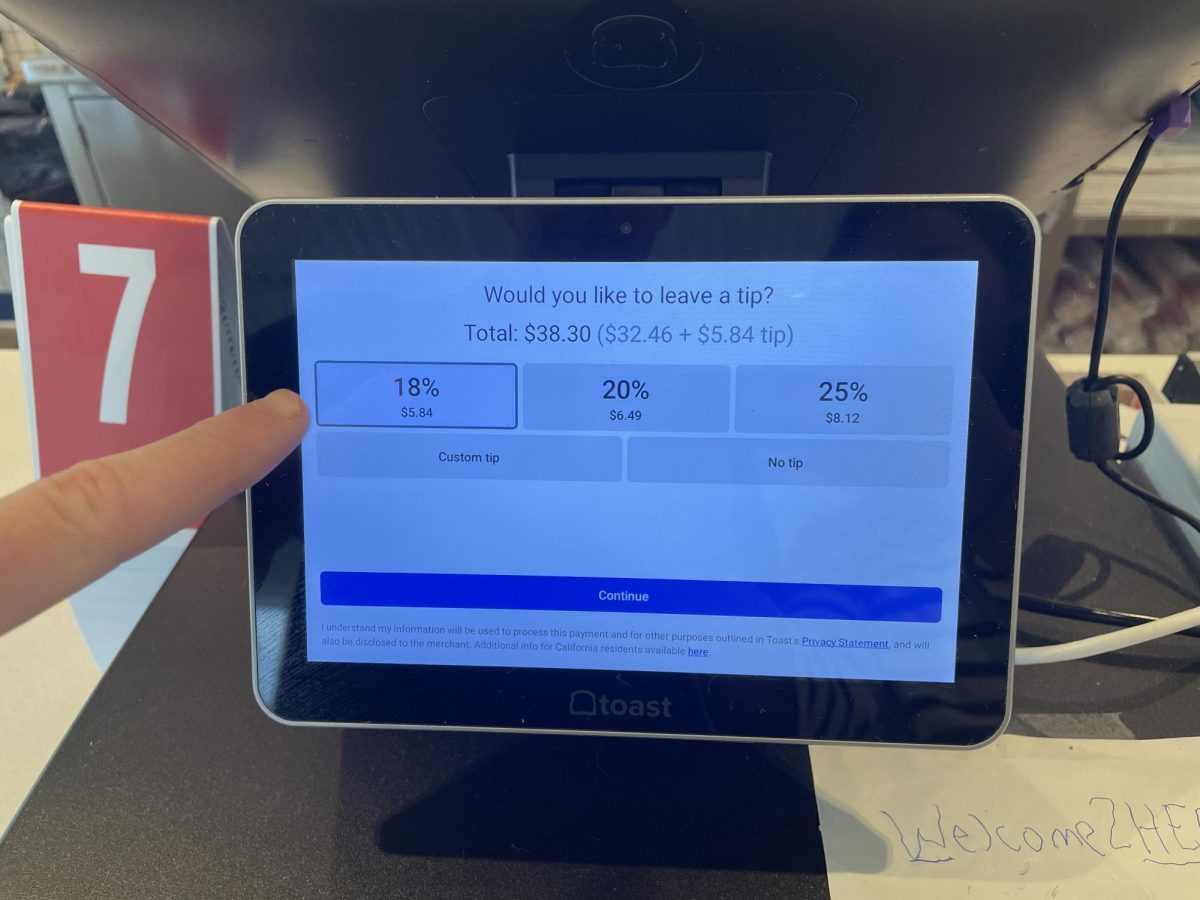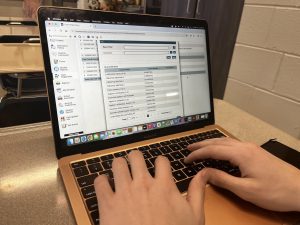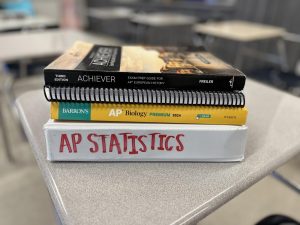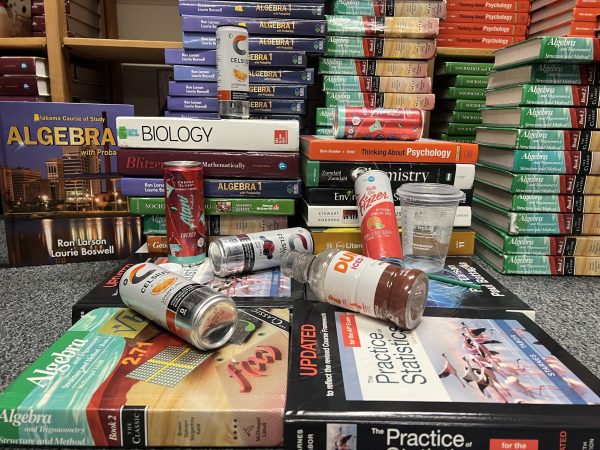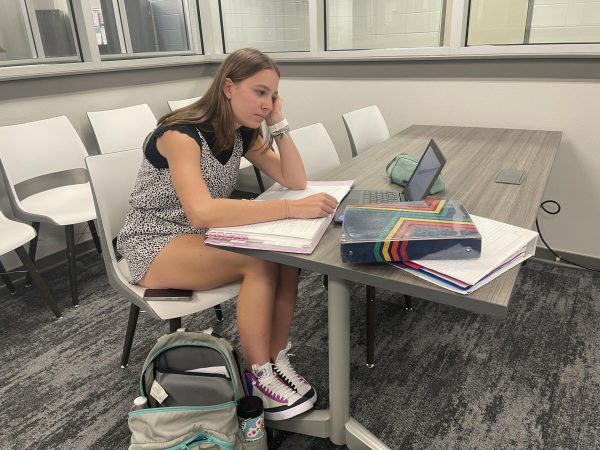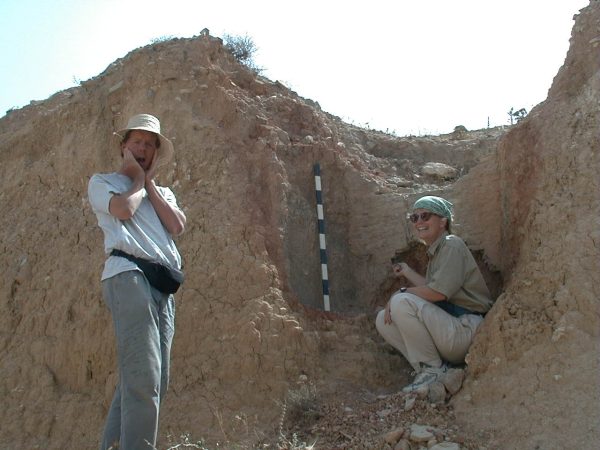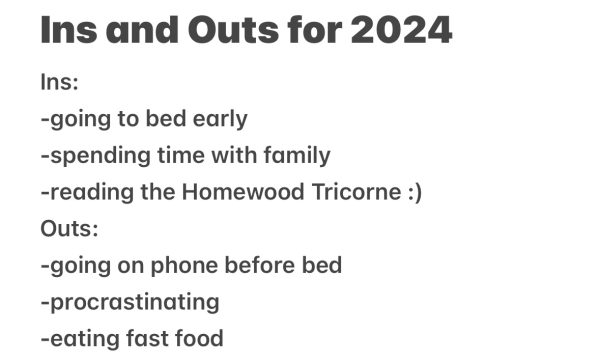Teachers’ guide to AP exams
April 11, 2023
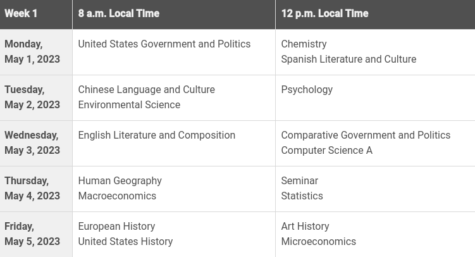
For many students at HHS, the upcoming conclusion to the school year offers anything but relief. With AP exams right around the corner, the preparation is on. For students seeking tips and tricks to enhance their studying and what to expect on exam day, HHS teachers have some suggestions.
“Ideally you would have been studying six weeks ago, but Homewood kids are involved in so many things it’s hard to think that far ahead,” said AP Chemistry teacher Kelly Reaves.
AP European History teacher, Mary McCutcheon said “The harder you’ve worked throughout the year, the easier it is now.”
Michele Cooley, AP English Literature teacher, notes that as long as students have kept up and worked hard over the course of the year, preparing for the exam shouldn’t add any extra stress about the curriculum.
Reaves suggests that students utilize the review books given out by teachers, or order their own from Amazon.
She also advises students to start by working on problems that have been difficult in the past and review from there. Specifically for math-oriented exams, Reaves recommends reworking problems that students have previously gotten wrong.
Cooley says that AP English exams aren’t exams students can cram for. Students develop the skills for them throughout the year and through practice. She says that if students want extra practice outside of class leading up to the exam, they should ask their teachers.
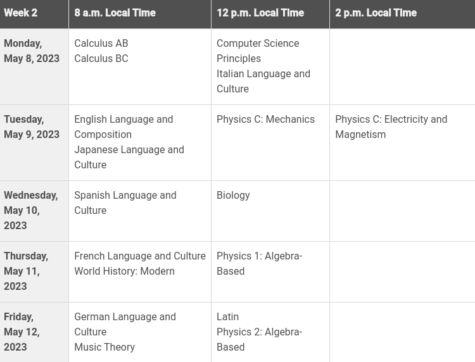
McCutcheon emphasizes that “repetition helps retention” when studying for AP exams, especially in history courses. She recommends walking with friends and talking about the content to retain the information. “Study what you don’t know, trust what you do know,” she said. McCutcheon also suggests creating manageable goals to avoid becoming overwhelmed.
She says that if students have questions about the curriculum or the exam as they’re reviewing, they should just ask‒ that’s what teachers are there for.
“You shouldn’t be walking into an ap exam with no idea what to expect,” said Cooley. She says that students should go into the exam knowing what portions they will be taking and the time for each. She also suggests moving on from section to section at the time the proctor suggests, regardless of what exam it’s on.
Reaves urges students to go to bed by ten o’clock the night before their exam and not worry about cramming that night or the morning of.
On exam day, Cooley recommends waking up early to ensure timely arrival to school and not deviating from a normal morning routine‒ for instance, if a student doesn’t usually eat a large breakfast, they shouldn’t eat a lot on the morning of the exam.
“This is one test on one day of your life,” Reaves said. “Give it your best and then let it go.”



